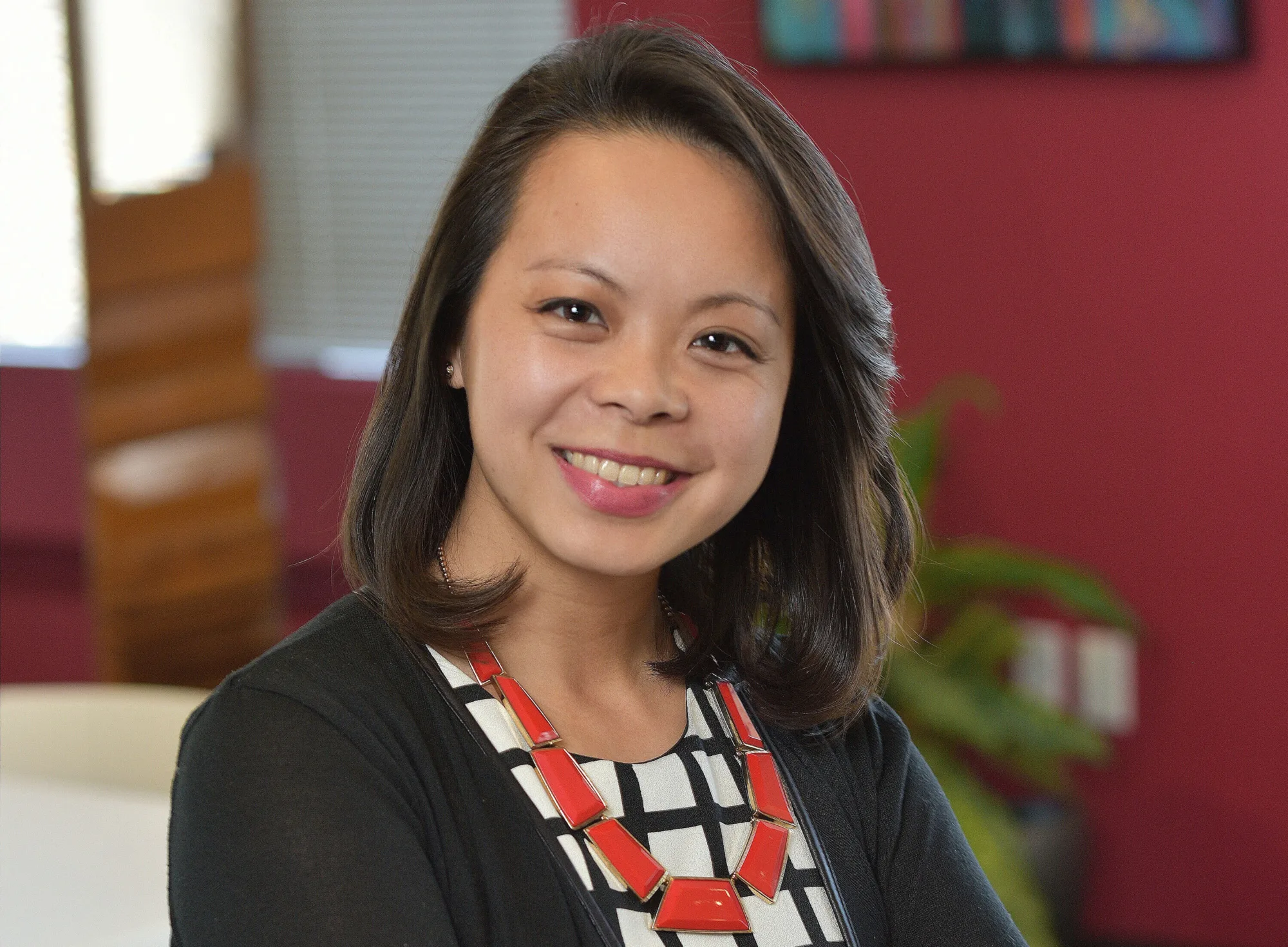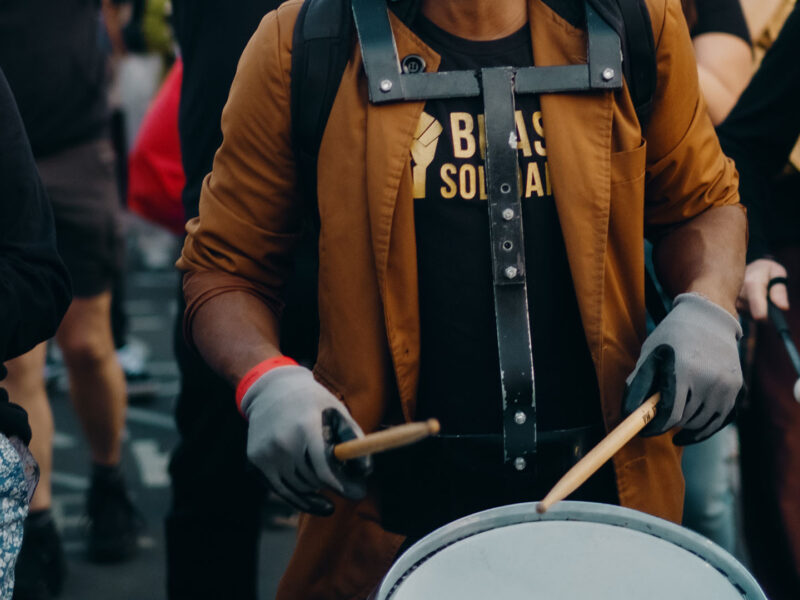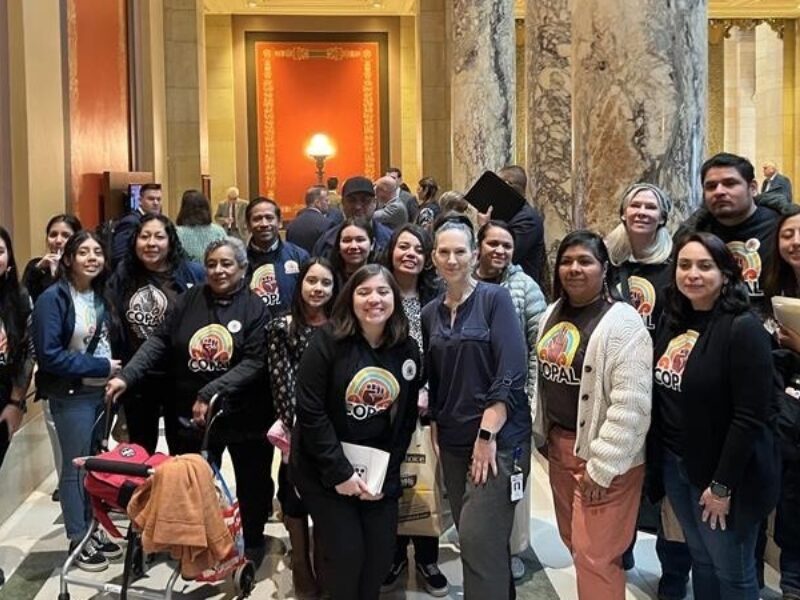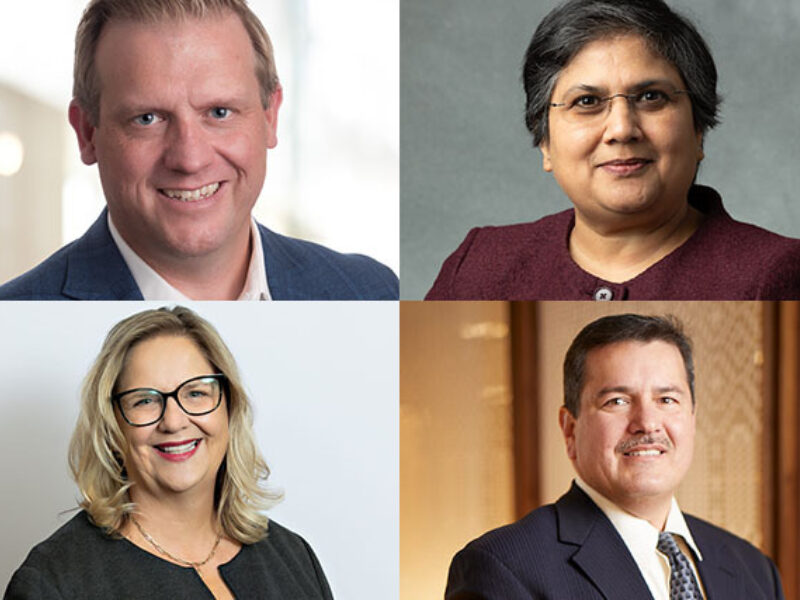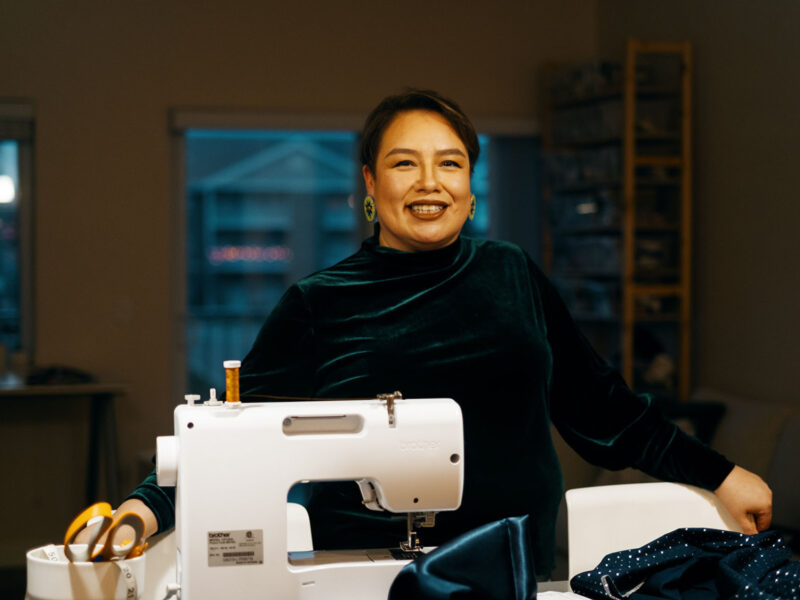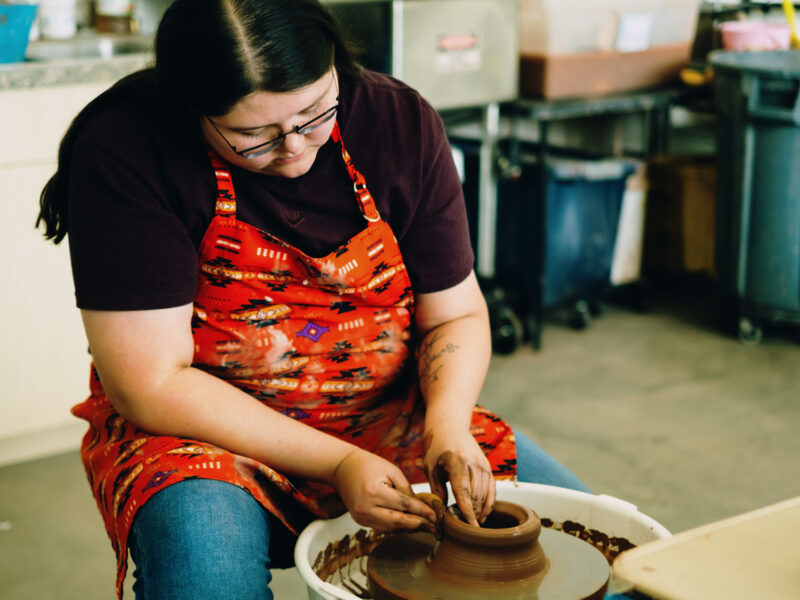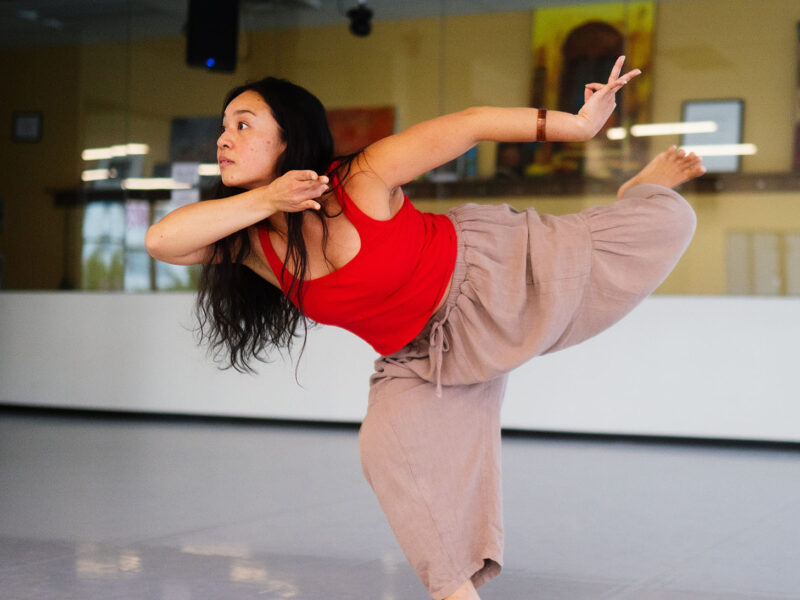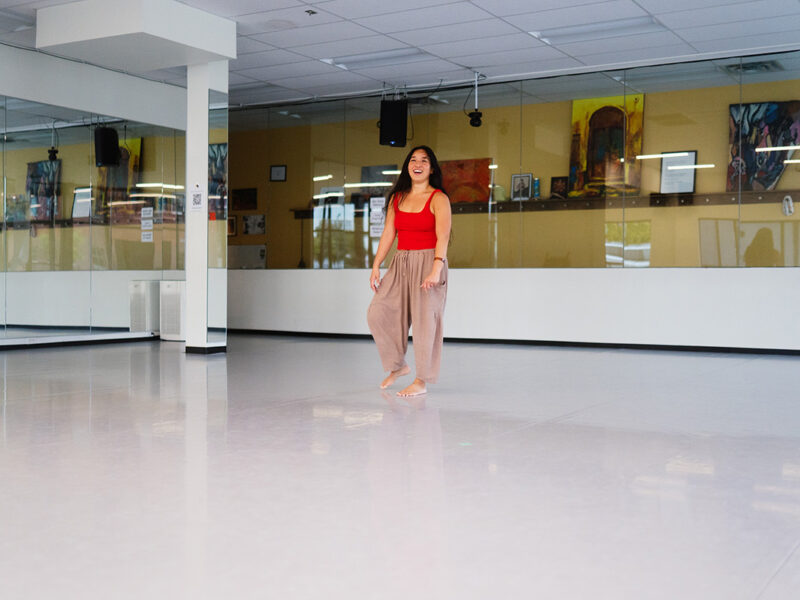Board Member Feature: How Diane Tran’s experiences at the intersection of people and place led to a career in community engagement.

As the daughter of refugees, Diane Tran has always known the value of community and connection. If it weren’t for her family moving to the United States before her birth, she knows her life could have turned out much differently.
Diane is now the System Executive Director of Community Health, Equity and Engagement for M Health Fairview. “In the work my colleagues and I do to address the social, political and economic determinants of health, there is increasing evidence that your zip code is a greater predictor of your health outcomes than your genetic code. In the Twin Cities, the difference of 3 miles can result in a 13-year gap in life expectancy. It’s clear that place matters.”
Her parents and family members were part of the “boat people” who fled Vietnam following the end of the Vietnam War and spent time in refugee camps before resettling in Minnesota, thanks to sponsorship by a Lutheran Church in Lindstrom.
“Throughout my upbringing, I have been able to access and experience the vast resources of this state, including strong educational systems, parks, libraries, cultural amenities and the diversity of our community members,” said Diane, who identifies as Teochew Chinese.
“Now in my professional life, I’m grateful for the ways I can contribute to strengthening our community through our proud Minnesota tradition of high civic engagement and leadership, and to do so in a way that particularly creates opportunity for those traditionally excluded from systems and networks to be able fully engage in our communities.”
Her appreciation and desire to give back have been a driving force for Diane.
Cultivating Relationships & Building Community
“From an early age, I’ve cared about relationships,” she said. “My parents would bring me to McDonald’s Playplace, and I would make a new friend.”
Her passion for community engagement continued in middle school and high school. Diane was active in many groups including her student council, the National Honor Society and Target Market, a youth-led anti-corporate tobacco campaign.
“I served on the statewide executive committee, was featured in a number of TV commercials and got to travel the state in a tricked-out van where we would roll up to skateparks and festivals as youth brand ambassadors,” said Diane. “I also had the opportunity to travel across the country to train other youth-led adult-supported movements.”
These experiences helped her to explore and express her interests at a young age and inspired her future path.
Diane earned a bachelor's degree in International Social Policy with a double major in Humanities at The College of St. Scholastica and worked with Grassroots Solutions and Pew Charitable Trusts before joining M Health Fairview. In 2009 she founded an emerging leaders network called Minnesota Rising, which works to build relationships, trust and a shared vision for Minnesota, and focuses on developing the collective capacity of this generation for impacting Minnesota's future. In 2013, the network also launched LOCUS, a group for and by Black, Indigenous and/or People of Color (BIPOC) communities focused on identity-driven leadership and resource-sharing.
Finding HOPE in Equitable Solutions
Diane’s relationship with M Health Fairview stems back as far as birth. She was born in Bethesda Hospital in Saint Paul. In her current position at M Health Fairview, Diane has merged her skills in public health and engagement into one unique job.
“My role focuses on bringing forth community expertise, insight and capacity to address health, well-being and equity in the community in partnership with our hospitals, clinics and providers,” Diane said.
This past year she partnered with Jakub Tolar, the dean of the University of Minnesota’s School of Medicine, and M Health Fairview CEO James Hereford on an initiative called the HOPE Commission to drive more equitable outcomes and inclusive environments.
“In response to the murder of George Floyd, we initiated an effort to turn a mirror on ourselves and say, 'What role do we have as a healthcare institution and large employer in the state have in addressing equity and inclusion?” she said.
The organization started with 32 listening and learning sessions for employees, patients and community members, particularly focusing on their Black, Latinx, Asian, Indigenous and other employees of color, as well as other marginalized groups, to understand improvement opportunities.
By taking a look at how they could systematically address inequities with their staff, M Health Fairview saw that creating an equitable environment for employees was critical to providing quality care for patients.
“We saw how much we needed to first work on ourselves, to be able to ultimately create an inclusive and equitable experience for patients,” said Diane.
“By strengthening policies and resources for providing culturally responsive care and environments, generating reliable and disaggregated data to understand how to achieve the increased patient satisfaction and equitable care outcomes that the research shows results from representational diversity in healthcare, and recognizing that like any other trade or skill, equity and inclusion work exists on a spectrum of development that requires a learning mindset, we are seeking to lay a strong foundation for our multi-year transformational change effort."
Laying an Equitable Foundation
Building strong relationships between community members and organization leaders is what brought Diane to the Foundation’s Board, where she now serves as vice chair.
“I'm honored to serve on this board,” she said. “It’s a privilege to work with such incredible staff members who excel in their fields. And I’m proud of the ways in which the Foundation provides responsive engagement and needed resources to our community leaders and organizations as well as how we contribute to a rich culture of philanthropy and generosity in Minnesota.”
For Diane, equity is about redefining and reinvesting to move our communities forward, collectively.
“My hope is that the issues being laid bare by the pandemic and the civil uprisings continue to help us as a society to ask critical questions, advocate for needed change, and take action as individuals and institutions,” said Diane. “To leave a lasting legacy of uplifting community members who in turn, support and uplift others.”
Learn more about Diane Tran and our other board members. Also read one of our other board member features.

